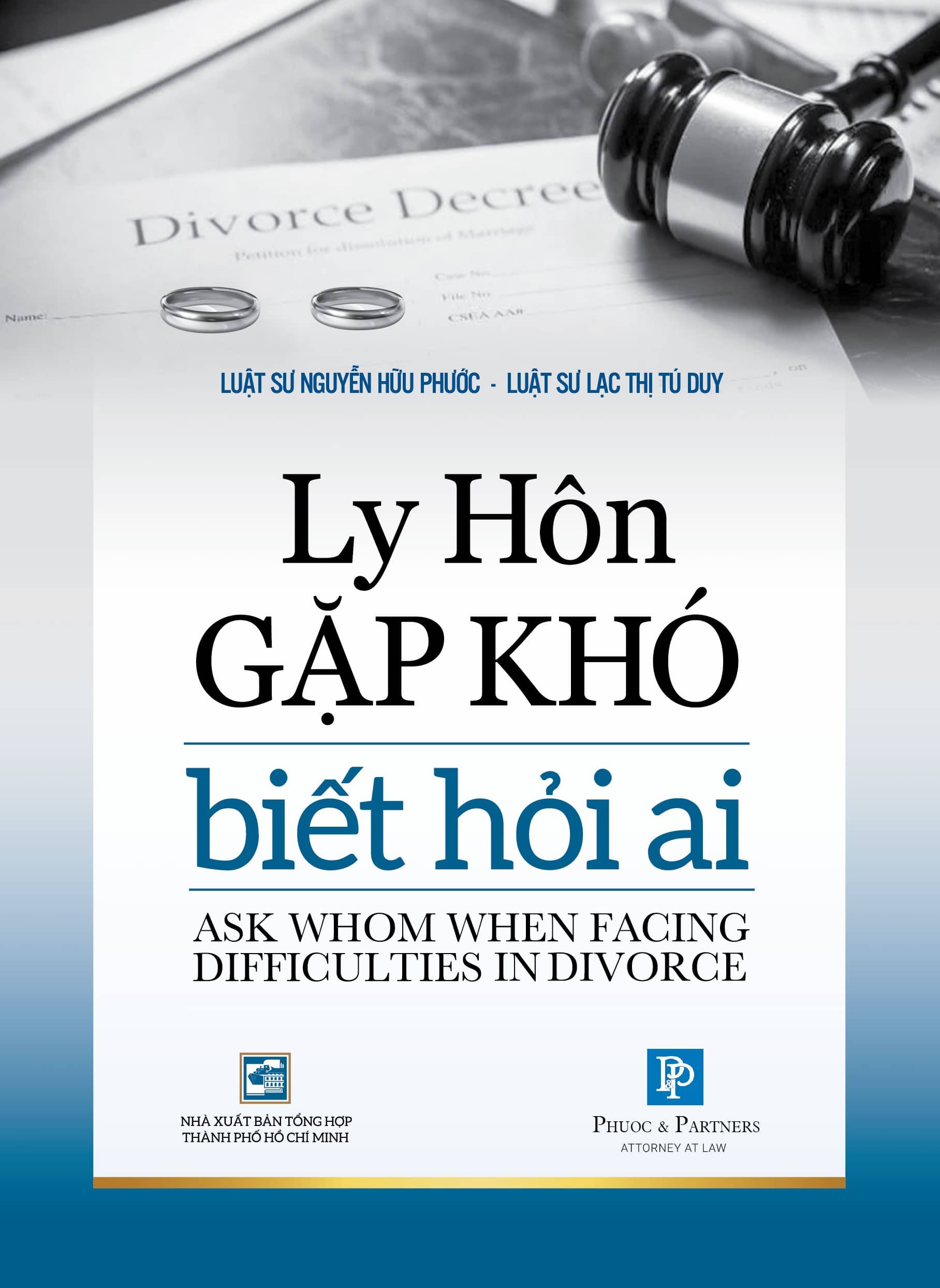Since divorce is considered as a civil case, the hearing of the divorce case shall comply with the regulations of the Civil Proceedings Law. If the spouses are absent whether or not they have a legitimate reason not to be present after being properly summoned by the Court for the first time, the hearing shall be adjourned. However, if the spouses are still absent after being properly summoned by the Court for the second time, the consequence shall be completely different.
According to the prevailing Civil Proceedings Law, at the divorce hearing, the Court shall properly summon for the spouses the second time, persons protecting the lawful rights and interests of the spouses, to ensure that they are present at the trial. If they are absent, the Court shall settle as follows:
- If they are absent at the trial due to an event of force majeure or objective hindrance, they may request the Court to adjourn the trial. An event of force majeure is an event which occurs in an objective manner which is unforeseeable and cannot be remedied by all possible necessary and admissible measures. For example, the defendant could not be present because the earthquake completely eroded the only path to the Court. An objective hindrance is a hindrance which in an objective context results in the spouses’ inability to be present at the trial, such as getting into an accident or an illness resulting in their absence from the trial. In the mean time, the defendant has the rights to request the Court to suspend the second trial and if the defendant’s opinion is reasonable, the Court may adjourn the trial;
- If the defendant has applied to petition to the Court to conduct the hearing in his or her absence, the Court shall conduct the hearing without his or her presence. At this time, the Court shall still consider fully the request of the defendant;
- If the defendant who is summoned by the Court for a second time is absent without an event of force majeure or an objective hindrance and that he or she does not have a written request to petition the Court to conduct the hearing in their absence, the Court shall settle as follows:
The defendant who does not request a counterclaim is absent without the representative to participate in the trial, the Court shall conduct the trial in his or her absence;
Any defendant who has requested a counterclaim but is absent without a representative to participate in the trial shall be considered as abandoning the counterclaim and the Court shall suspend the resolution of the counterclaim. The defendant has the right to re-initiate a lawsuit with that counterclaim as prescribed by law[2].
Therefore, if the defendant is properly summoned for the second time but still absent and does not have a legitimate reason, the Court still conducts the trial according to the above mentioned regulations. However, please note that even though the defendant is absent from the trial, he or she still has the right to make an appeal. The time limit for lodging the appeal petition of a first instance judgement is 15 days from the date of the rendering of the judgement. If any litigant is absent from the trial, the time limit for lodging the appeal petition (15 days) shall be calculated as of the date of receipt of the judgement or when the judgement is posted[4].
[2] Article 227.2 of the Civil Proceedings Code 2015.
[4] Article 273 of the Civil Proceedings Code 2015.
If you would like more information on how we can assist you with divorce issues, please contact us at: +84 (28) 36223522 or email us at info@phuoc-partner.com

